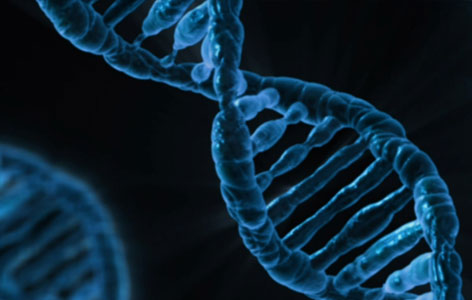
By: Michael Chang, UHN Trainee and ORT Times Writer
A recent feature in Nature Outlook discussed the exciting future of medicine based on current developments in medical research. It referred to a collection of articles covering a range of areas from social change to new technologies that promise a healthier future. Most notably, CRISPR technology was mentioned in nearly a third of the articles. CRISPR technology is based on the Clustered Regularly Interspaced Short Palindromic Repeats (CRISPR) and CRISPR-associated protein (Cas) system that serve as the natural defense mechanism for bacteria against viruses. Medical researchers have commandeered the CRISPR-Cas system and repurposed it as a gene-editing tool. They achieved this by designing customized CRISPR DNA to target genes of interest and using specific Cas variants to make desired modifications to the bound DNA.
There are three distinct problems in medicine that could be solved using CRISPR technology. First, genetic diseases such as cystic fibrosis, sickle cell disease and Huntington’s disease are caused by a single gene mutation. CRISPR technology could cure these diseases with targeted gene editing to repair the single mutated gene. Second, medical research is plagued by the poor translation of promising laboratory findings into successful clinical trials. CRISPR gene-editing technology can improve the drug development process by directly upregulating or downregulating gene(s) to determine which gene products are responsible for disease. This enables researchers to identify more effective drug targets to speed up drug discovery. Researchers can also use this strategy to develop more accurate disease models for reliable drug testing. Third, antibiotic resistance has become a major concern in our society. To address this concern, CRISPR technology can be used to discover new antibiotic targets that are less prone to developing resistance. Alternatively, CRISPR technology can serve as an antibacterial tool itself when programmed to target bacterial DNA with Cas3, a Cas enzyme variant that melts bound DNA.
The development of CRISPR technology brings promises of major medical advances in a wide range of areas. However, it does come with potential technical pitfalls and ethical considerations. Firstly, safety is a major concern because there is risk for off-target mutations that may result in unwanted side effects. For example, unintended modification of a tumour suppressor gene or oncogene can result in cancer. Secondly, there are serious moral and ethical concerns regarding justice and equity in society. For example, how will the technology be used to enhance normal human traits? Should editing germline DNA be permitted so that modified traits are passed on for generations? These concerns were recently thrusted onto the world stage when a rogue scientist claimed to have used CRISPR technology to create the first gene-edited babies. The incredible power of CRISPR gene-editing technology serves as an important reminder about the relationship between ascendancy and obligation. As humanity learns of new powerful ways to control its own evolution, humanity must also learn to wield such power with reason, responsibility and careful due diligence.

